A Traveler’s Paradise: Surveying the Ethiopian Tourism
Ethiopia boasts vast tourism potential due to its rich natural, cultural, religious, historical, and archaeological gifts. Often referred to as the “Cradle of Humankind” by the international community, Ethiopia holds a prominent position in the study of human evolution and the beginnings of humanity on Earth.
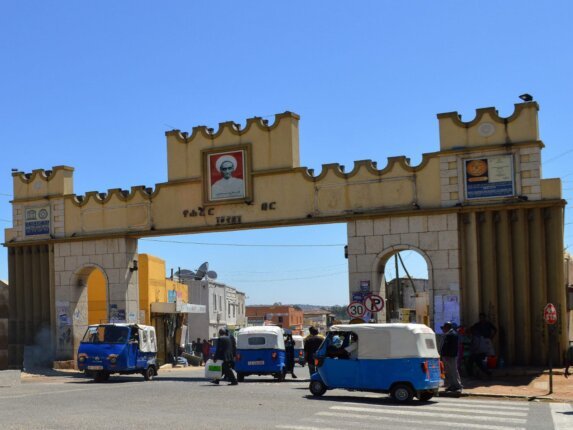
The country’s invaluable contributions to understanding early human history are evident through various discoveries. Notably, the discovery of “Lucy” in 1974 at the Hadar site stands out as a significant find. Lucy, an Australopithecus fossil, is considered one of the most complete early hominid skeletons, offering profound insights into human evolution.
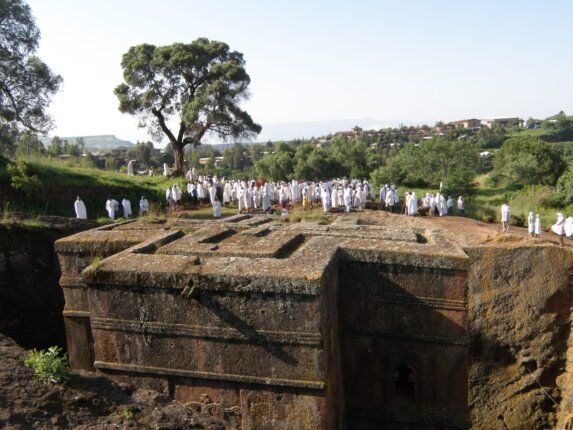
Alongside Lucy, other discoveries like Ardi (Ardipithecus ramidus), Homo Erectus, and Homo Habilis further validate Ethiopia’s critical role in early human history. Sites like Hadar, the Afar Depression, and Melka Kunture are globally recognized for their rich fossil deposits, attracting archaeology and paleoanthropology enthusiasts. Ethiopia’s unique archaeological heritage offers a deep exploration into the origins of humanity, making it an epicenter for early human civilizations.
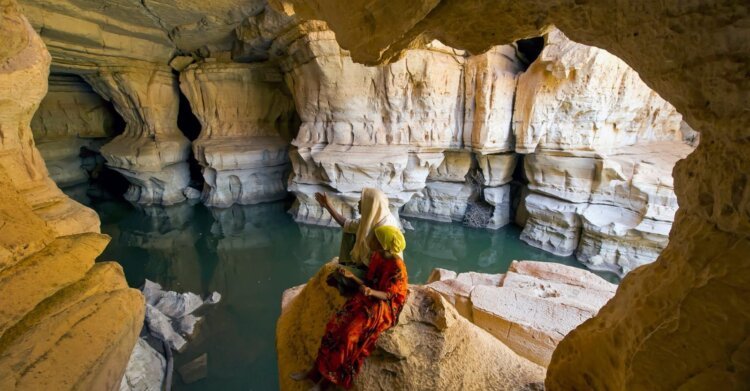
Religion also plays a significant role in Ethiopia’s cultural and historical heritage, particularly in Addis Ababa, where centuries-old religious practices have flourished. The country’s diverse indigenous religions have earned it a reputation as a prominent pilgrimage destination.
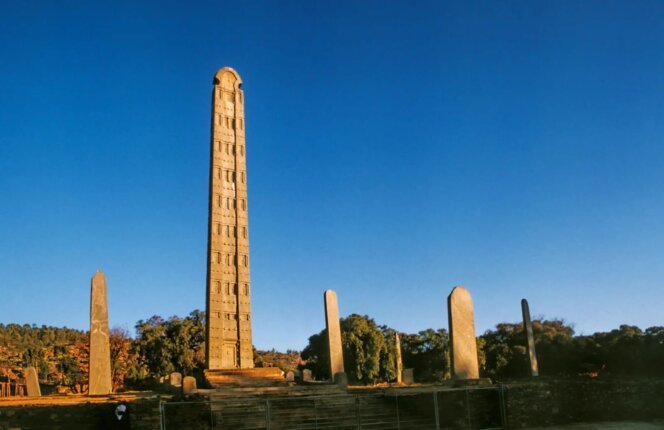
Ethiopia’s deep-rooted ties to ancient religions have made it a historical center for both Christian and Islamic values. The famous town of Lalibela, home to 11 rock-cut monolithic churches, showcases innovative architecture and attracts thousands of pilgrims annually. Harar Jugol, an ancient walled city, is renowned for its rich Islamic heritage, including 82 mosques and 102 shrines, contributing significantly to Ethiopia’s cultural legacy. Sof Omar, another notable religious site, is a sacred cave system that serves as a place of worship and is revered for its spiritual significance.
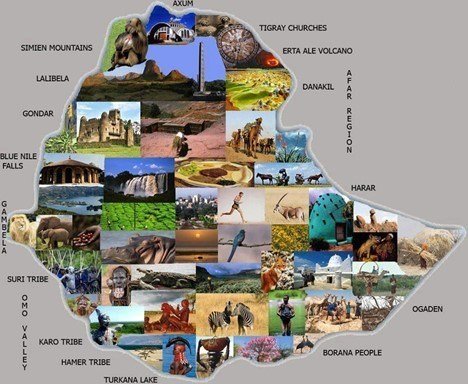
Ethiopia’s cultural and religious heritage sites, such as Lalibela, Harar Jugol, and Sof Omar, are recognized by UNESCO as World Heritage Sites. Other Ethiopian sites on the UNESCO list include the ancient cities of Aksum and Tiya, the Awash Valley, and the Lower Valley of the Omo, known for their archaeological and historical significance. Additionally, the Simien Mountains National Park and Bale Mountains National Park are recognized for their unique natural beauty and biodiversity, making them essential components of Ethiopia’s tourism appeal.

The Ethiopian highlands, often referred to as the “Roof of Africa,” further enhance the country’s tourism potential. These highlands, with their towering peaks and rugged landscapes, offer a unique experience for trekkers and nature enthusiasts. Ethiopia’s cultural diversity, with over 80 ethnic groups, each with its own distinct traditions, music, and dance, adds another layer to its tourism appeal. The country’s music, characterized by its unique pentatonic scale and traditional instruments, plays a vibrant role in Ethiopia’s cultural identity. Festivals like Timkat and Meskel, which are UNESCO-recognized, attract visitors eager to experience Ethiopia’s spiritual and cultural richness.

Ethiopian cuisine, known for its distinctive flavors and communal dining traditions, is another key attraction for international visitors. Dishes like Injera, Niter Kibbeh, and Berbere offer a unique culinary experience, while Ethiopia’s coffee culture, deeply ingrained in its heritage, provides a fascinating exploration of the country’s coffee industry.
Read More: Exploring Pakistan-Ethiopia Cooperative Ties
Under the leadership of Prime Minister Abiy Ahmed, Ethiopia is committed to boosting its tourism potential through infrastructure development and cultural preservation. Projects like the Wanchi ecotourism, Chebra Churcura elephant lodge, and the beautification of the Addis Ababa Corridor are part of the government’s vision to transform Ethiopia into a leading tourist destination with global recognition. These efforts aim to contribute to regional economic growth, enhance employment, and elevate national pride, making Ethiopia a promising tourist destination in the future.


